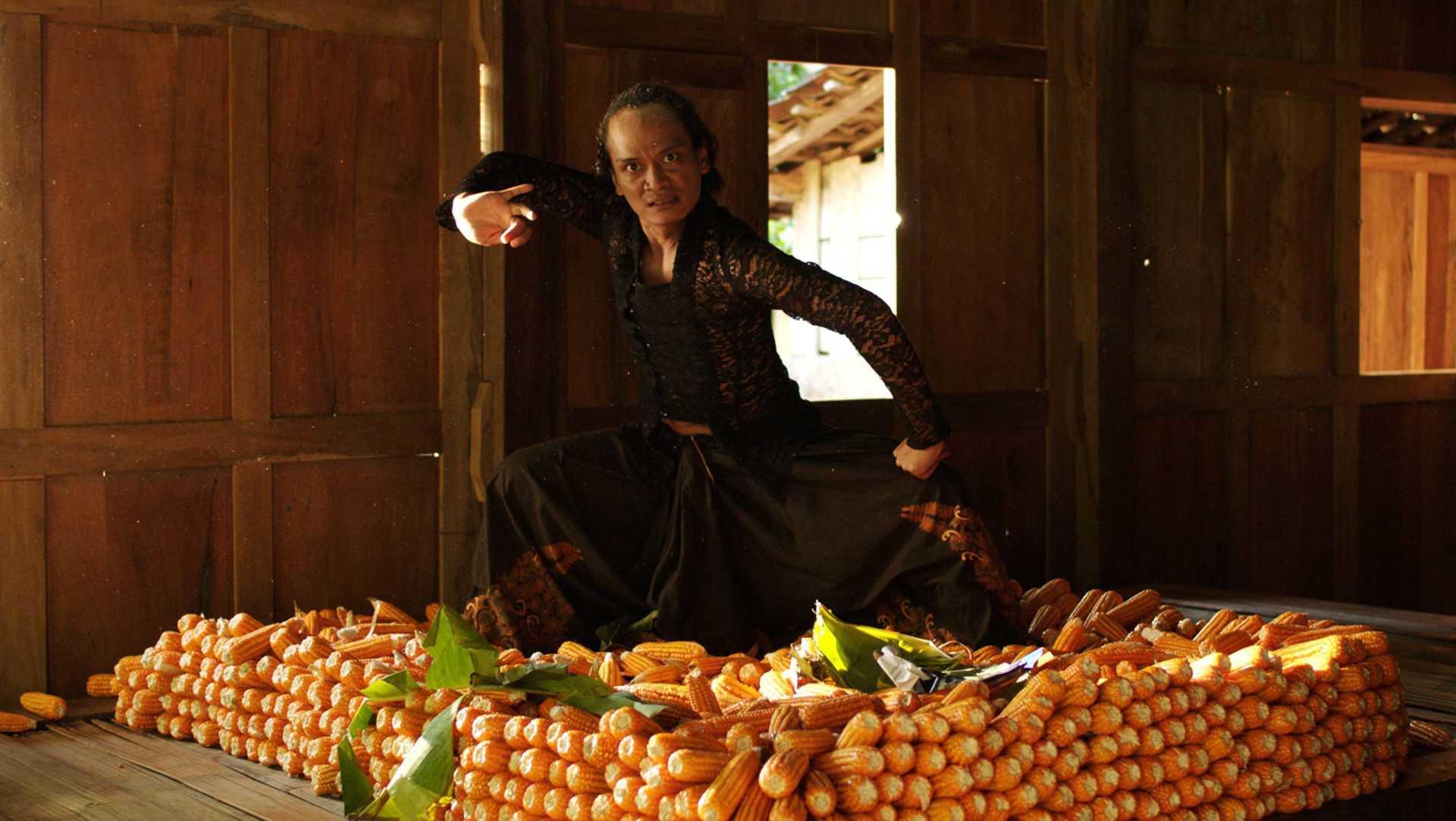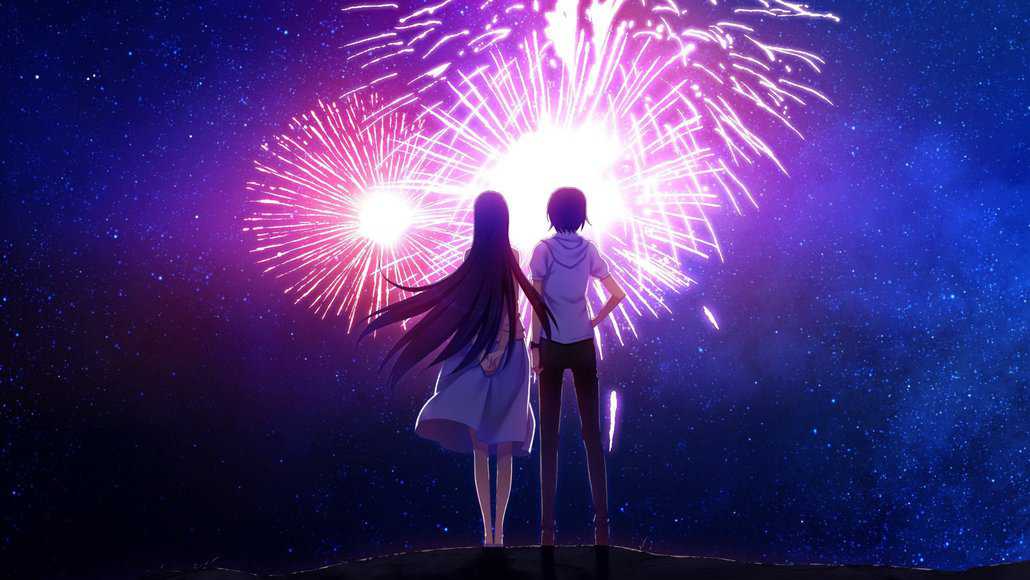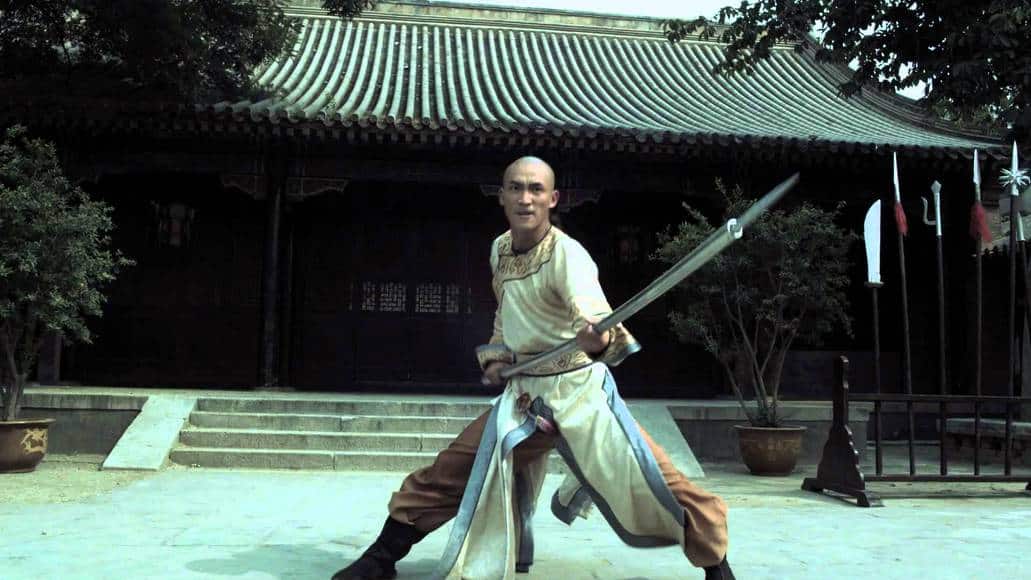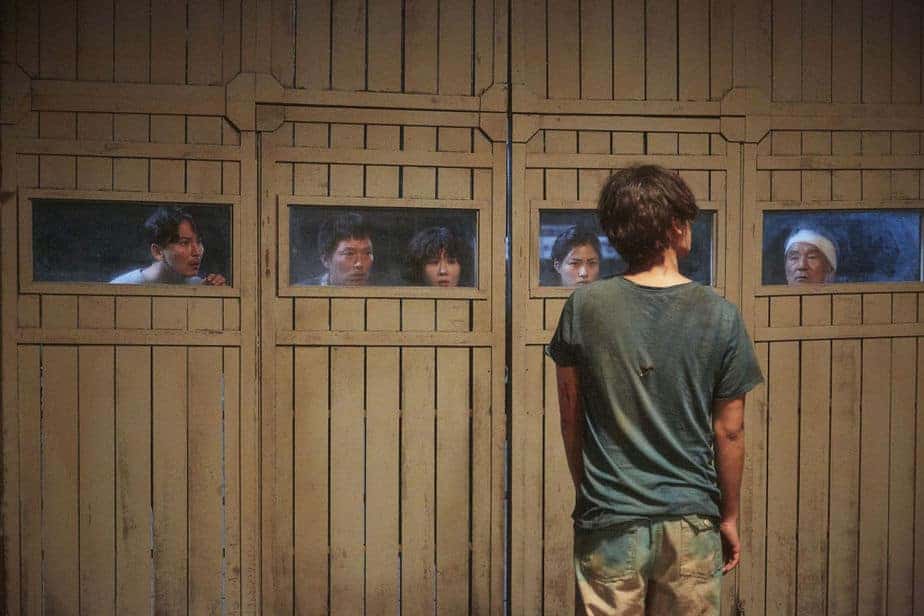The hardships of life in the remote Japanese islands has been a topic of a number of movies lately, most of which, though, present it through a happy-go-lucky prism that occasionally even looks like some sort of promotion. Masahiko Nagasawa follows the same path essentially, but also highlights the issues people living in such locations face, through a subtle approach that also combines coming-of-age elements.
Nagi's Island is screening at Camera Japan

Following her parent's divorce, fourth grader Nagi has moved with her mother, Mao, a nurse, to her hometown on a small island in Setouchi in Yamaguchi Prefecture, where her grandmother, a doctor, runs the only clinic. Nagi appears normal and cheerful, but also fosters deep psychological traumas resulting from memories of her alcoholic father abusing her mother, which occasionally trigger panic attacks. The locals know of her issues and always try to help, and this mentality actually goes both ways. Along with her two classmates, Raita and Kengo, Nagi also tries to help the locals any way she can, assisting local fisherman Kohei to get closer to their teacher, Mizuki, whom he is fond of, or throwing a “party” of sorts of the elderly caretaker of the school, Yamamura, whom the students have named GG (grumpy grandpa) because he never smiles. Gradually, Nagi manages to overcome her personal issues also, but her father's appearance on the island complicates things once more.

Centered around the coming-of-age story of Nagi, Masahiko Nagasawa weaves a web of different stories regarding the inhabitants of the island, succeeding in both entertaining and highlighting the issues locals face. That youths all leave for the urban centers, leaving mostly the elderly behind is one of the central comments here, as we watch the youth committee consisting of just two people for example, or the fact that there have not been marriages in the island for 30 years. At the same time, that the young people still living there are usually due to personal issues, as in the case of Nagi and her mother, or her friend Raita, who is living with his grandfather due to his mother's illness, is also commented upon.
The result, however, and despite the dramatic premises of the majority of the stories, is not bleak at all, with Nagasawa retaining a cheerful approach, while also showcasing the strength of community ties, where everyone are willing to help each other, the fact that government helps by giving incentives to doctors and nurses to be in such areas, and the fact that life can be lived in leisure, without stress, in such areas. The main mediums he achieves this atmosphere through are the three children, with Chiise Niitsu's Nagi in particular stealing the show every time she appears on screen, the expected but also rewarding multiple happy endings, and some elements of comedy that appear throughout the movie.
The same approach is implemented in the production values, too, with the polished and always bright-lighted cinematography and the smooth pace resulting from the editing, fitting and occasionally dictating the overall atmosphere here.
Regarding the acting, nothing spectacular takes place, but the performances of veterans Hana Kino as Nagi's grandmother and Kyusaku Shimada as caretaker Yamada are quite pleasant to watch, both in their interactions with the kids and with each other.
“Nagi's Island” is a smartly shot film, particularly in the way Nagasawa manages to present his comments, and quite easy to watch through its intensely cheerful approach.















